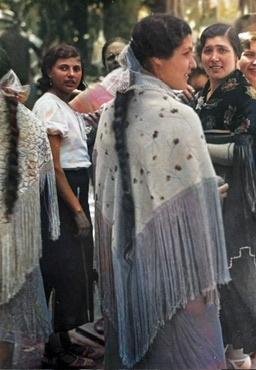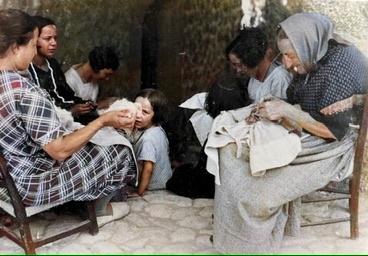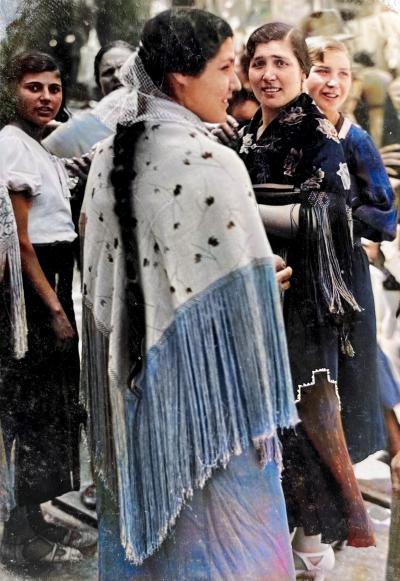How have international organizations influenced legal protections for women in Mallorca?
Similar Topics
international organizations
legal protections women
mallorca gender equality
cedaw spain
eu directives women
gender-based violence
women's rights mallorca
international treaty compliance
International organizations have played a significant role in shaping and enhancing legal protections for women in Mallorca, as part of broader efforts within Spain and the European Union. By promoting gender equality frameworks and pushing for compliance with international treaties, these bodies have helped establish a more robust legal foundation for women's rights on the island. The influence of entities such as the United Nations and the Council of Europe is evident in the adoption of conventions like CEDAW (Convention on the Elimination of All Forms of Discrimination Against Women), which Spain ratified and implemented, extending its reach to Mallorca. This has resulted in legislative reforms focused on eliminating discrimination, improving access to justice, and protecting women from violence.
Additionally, the European Union has contributed to the enhancement of women's legal protections in Mallorca through directives and funding aimed at combating gender-based violence and promoting equal opportunities in employment and education. EU oversight ensures that regional governments align their policies with European standards, fostering a more cohesive approach to women's rights across all Spanish territories. Furthermore, collaborations between international organizations and local authorities have facilitated awareness campaigns, training for law enforcement, and support services for victims of domestic abuse, which are crucial in enforcing legal protections on the ground.
The cumulative impact of these international influences is visible in Mallorca's evolving legal landscape, which increasingly prioritizes women's safety, equality, and empowerment. Legal measures addressing issues such as workplace discrimination, trafficking, and gender violence have been strengthened, reflecting commitments made under international frameworks. While challenges remain, the ongoing engagement of international organizations continues to drive progress, ensuring that Mallorca not only aligns with global gender equality standards but also fosters an environment where women's rights are actively protected and promoted.
Additionally, the European Union has contributed to the enhancement of women's legal protections in Mallorca through directives and funding aimed at combating gender-based violence and promoting equal opportunities in employment and education. EU oversight ensures that regional governments align their policies with European standards, fostering a more cohesive approach to women's rights across all Spanish territories. Furthermore, collaborations between international organizations and local authorities have facilitated awareness campaigns, training for law enforcement, and support services for victims of domestic abuse, which are crucial in enforcing legal protections on the ground.
The cumulative impact of these international influences is visible in Mallorca's evolving legal landscape, which increasingly prioritizes women's safety, equality, and empowerment. Legal measures addressing issues such as workplace discrimination, trafficking, and gender violence have been strengthened, reflecting commitments made under international frameworks. While challenges remain, the ongoing engagement of international organizations continues to drive progress, ensuring that Mallorca not only aligns with global gender equality standards but also fosters an environment where women's rights are actively protected and promoted.
🧩 Related Questions
Related Question
What impact does natural pollination have on the quality of figs grown in Mallorca?
Related Question
In what ways do invasive species impact the food sources of Mallorca’s endemic animals?
Related Question
What are the main bus routes available for tourists traveling from Palma to major destinations in Mallorca?



